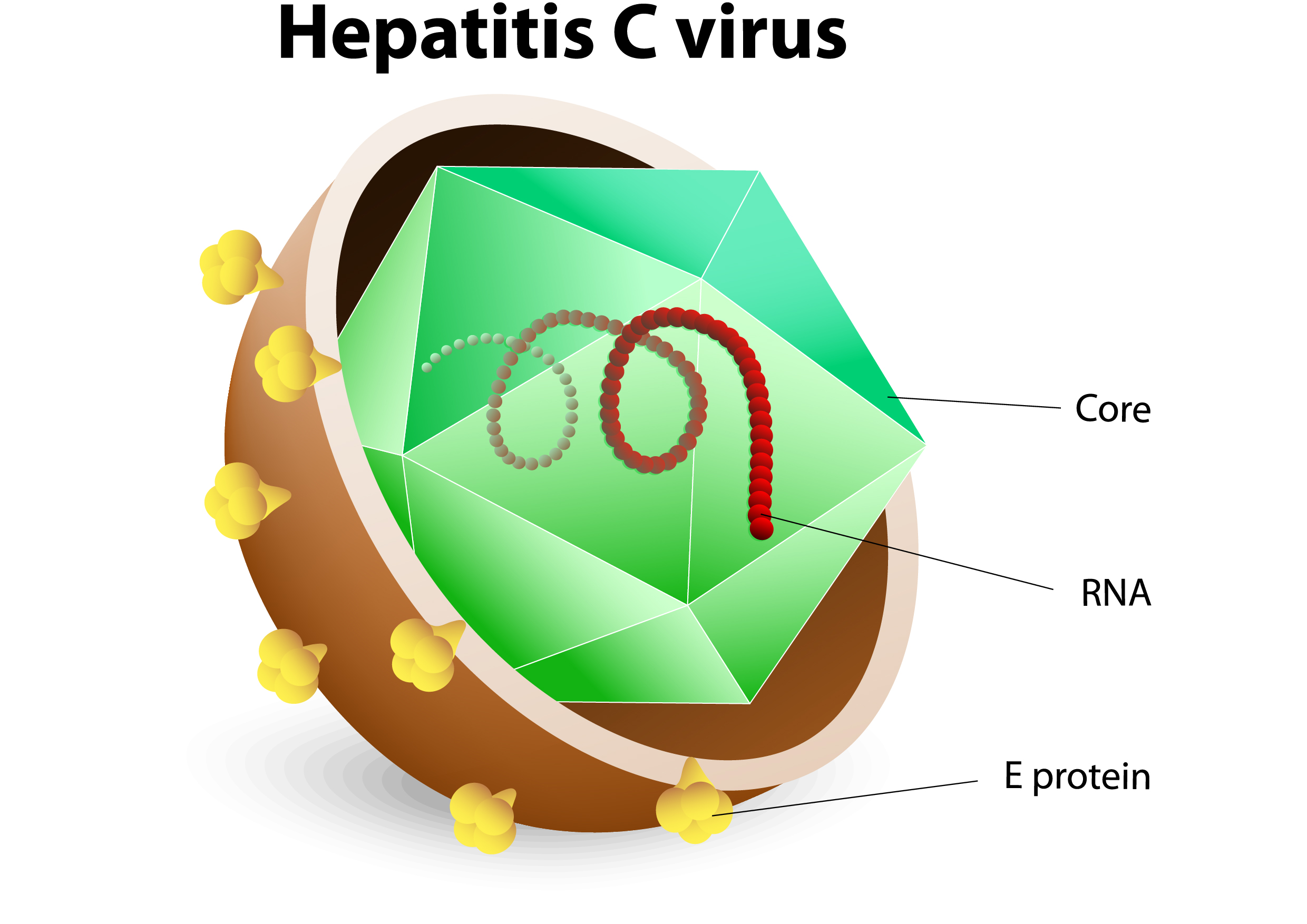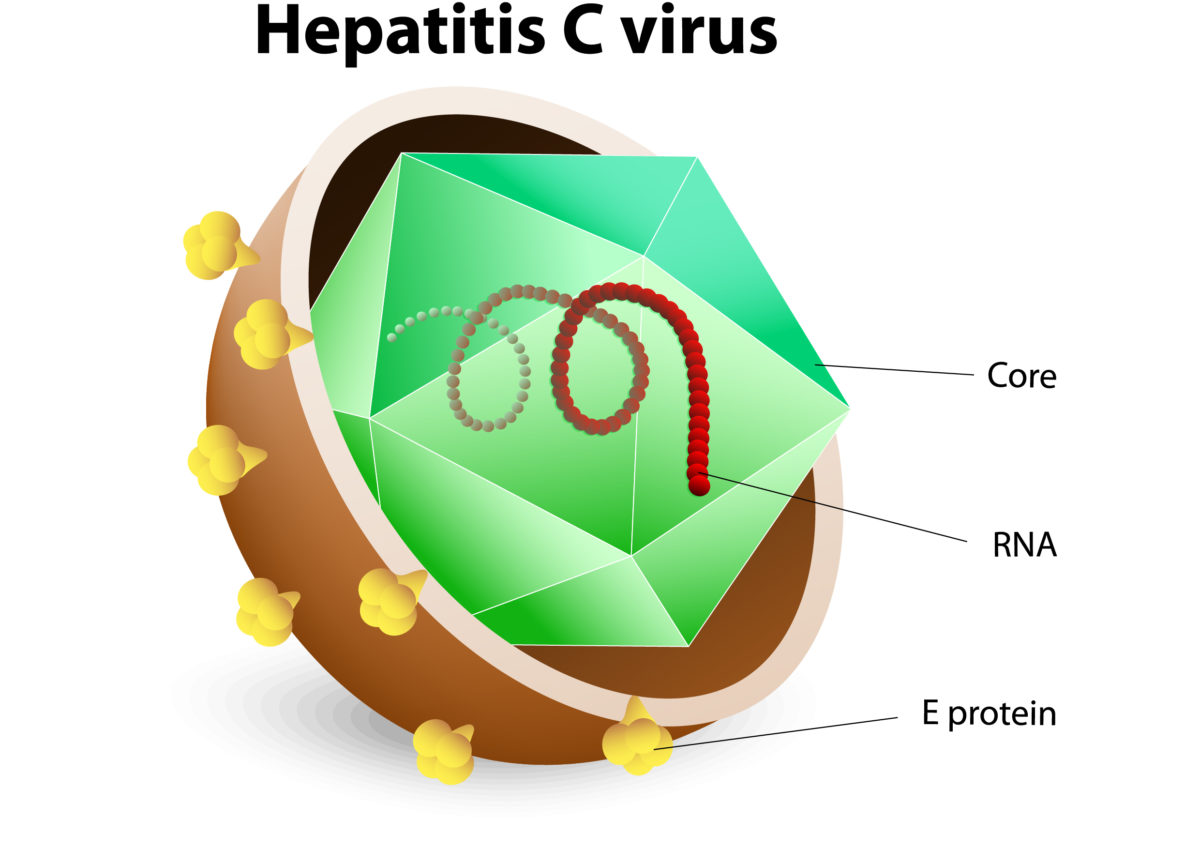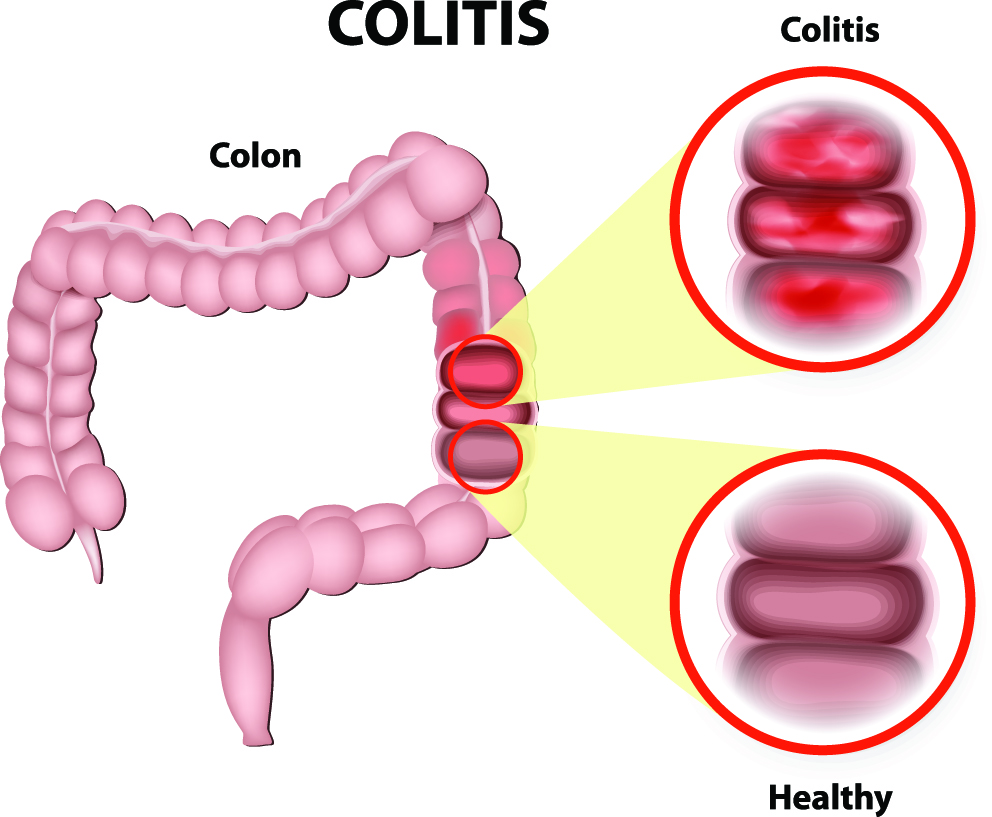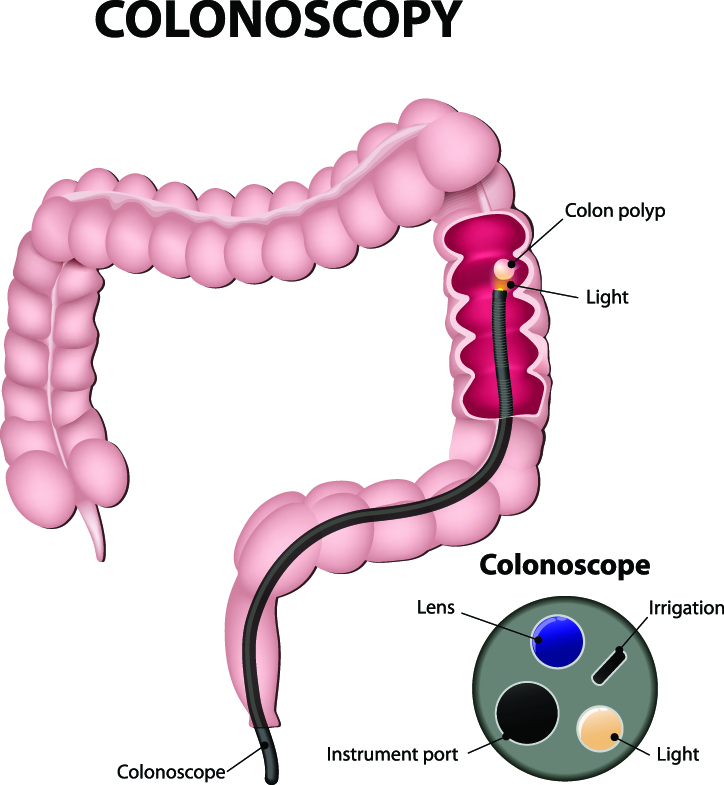
Many people in the Baby Boomer generation know that they need to take great care of their health. However, many do not realize that there are millions of Americans of that generation who may have hepatitis C. This virus can stay in the body without causing any symptoms for decades, only to rear its head later and cause serious problems with a person’s liver, which could include cancer.
What Is Causing the Rise of Hepatitis C?
The Centers for Disease Control (CDC) recently recommended that anyone who was born between 1945 and 1965 should be tested to see if they have hepatitis C. They have found that two-thirds of patients who are suffering from the virus are part of the Baby Boomer generation. Why are so many Baby Boomers suddenly affected by this problem?
There are many reasons, in fact. In some cases, it may have been contracted by taking illicit drugs. This will allow the virus to get into the bloodstream, which leads to the next way that patients could have contracted hepatitis C – blood transfusions. Prior to 1992, blood donors were not tested for Hepatitis C. Some patients are not able to pinpoint when they may have gotten the infection.
What Are Some Symptoms of Hepatitis C?
Many times, the virus will not cause any outward symptoms. It often works within the body to cause problems for the liver, as mentioned. However, there are some symptoms that may manifest, according to the CDC. These include fever, fatigue, nausea, appetite loss, vomiting, and abdominal pain. If you suffer from these issues, whether it is hepatitis C or something else, you should be examined by a medical professional.
What Should Baby Boomers Do?
Even for those who have not shown any signs or symptoms of hepatitis C, it does not mean that you are safe. Due to the nature of the virus, the only way that you can be sure you do not have hepatitis C is to visit your doctor and get tested.
At Digestive Disease Consultants in Jacksonville, we can provide you with the screening that you need. We will let you know whether or not you have the virus and what you can do to help combat it if you do. Get in touch today, so you can take control of your health sooner rather than later.



